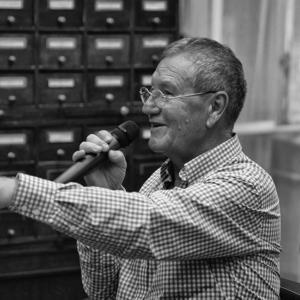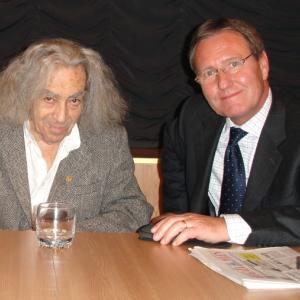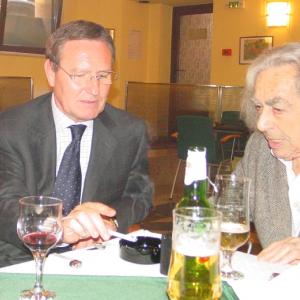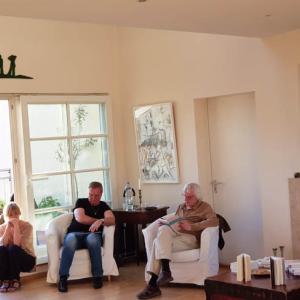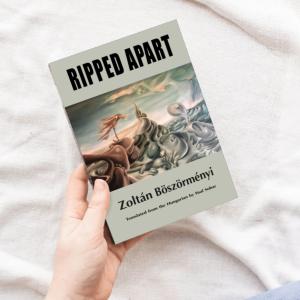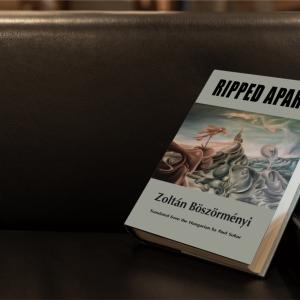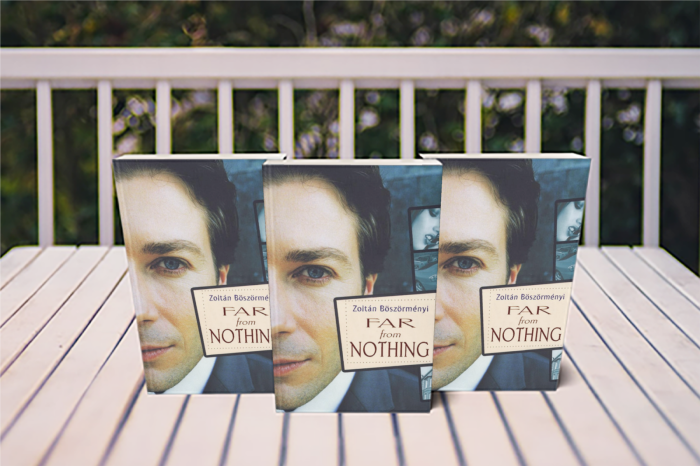
Far from Nothing
“This book will be enjoyed by many and loathed by no less. No reader will be left indifferent.” Says György Ferdinándy, the writer. “Not a bad book, but I doubt if I’d read it again,” said the person who handed me the book. This and the above quote on the back of the book piqued my curiosity.
Rudolph, the central character, leads a typical over-stressed life spread out over the car dealership he works for, his family, and the university night school. But things change when a pretty fellow student of philosophy shows up on the scene. But let’s not be too hasty dropping the book, it’s not a conventional pulp novel. The time-frame of the story is indeed determined by the beginning and the end of this extra-marital affair, but there is a lot more involved. The plus comes mostly in the philosophical tone of the book. But not to worry, this is not crammed full of incomprehensible philosophical discourses. Rudolph’s life becomes alloyed with this plus; and we are allowed glimpses into the fragment’s of his life, into a moment of a reality made up of moments. This fragment is indeed shaped by philosophy as well as Wanda, both together. In Rudolph’s life Wanda represents unbridled passion, the eternal yearning, and breaks in the routine which allow Rudolph to retreat from earth into another world where canons, laws, “forbidden” or “inappropriate” are unknown.
Outside of that sheltered world, there’s only the routine, the same thing over and over again, with no time left for anything else, and yet it seems all right.
The tone of the book has the same duality; some chapters contain arid, precise, unemotional descriptions, almost naturalistically factual narrative, even when the subject involves emotions, while other chapters are given over to meditative thoughts of infinity, eternity, or Descartes’ theories. This duality carries over into Rudolph’s life, too. Wanda turns everything upside down. She has him re-evaluate his priorities. She eliminates “must” from his life... and then... she disappears.
I cannot tell what this little reality scene is going to evoke in the next reader. Will he or she enjoy it, or loathe it? In my case, the book earned a second reading.
Szász Emese



